John Scott marks the passing of bassist and vocalist John Wetton by revisiting the 1973 King Crimson classic.
And so, here we are with the first Classics column of 2017 and, once again, The Grim Reaper has set the agenda. There was I, after last year’s seemingly unprecedented losses, determined that Classics was not going to double as an obituary column. I had just picked this month’s album – as it happens , a King Crimson spin-off – when news came of Crimson bassist John Wetton’s passing. I had known he had been ill for more than a year, he wrote with grace and good humour on Facebook and Twitter about his operations and therapy, but when I saw that he was down to join the bill on the annual Cruise To The Edge seagoing prog fest, I had assumed that he had won the fight and was back to good health. Sadly, that was not the case. 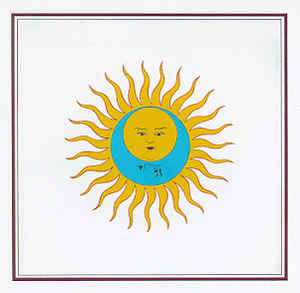
Before we get to Larks Tongues In Aspic, a brief résumé of Wetton’s career is in order. It seems almost inevitable that Wetton would end up in King Crimson; he and Crimson guitarist Robert Fripp first met at Bournemouth College in 1965. Wetton’s first bands featured Richard Palmer-James, who would go on to co-form Supertramp before becoming a King Crimson lyricist. Wetton would also go on to play on a solo album by another Crimson bassist, Gordon Haskell before joining the band. Wetton’s first taste of success came with the splendidly named Mogul Thrash, a jazz fusion band that failed to capitalise on its popularity in Europe and was forced to split up due to managerial problems. After some live work with Renaissance, Wetton was approached by Robert Fripp to join King Crimson but instead opted to join Family, who were in need of a bass player and co-vocalist. Wetton’s time with the band saw them achieve their biggest hit single with In My Own Time which charted at number 4 in the UK. Albums Fearless and Bandstand did well in the UK and the US but a further approach from Fripp saw Wetton leave the band to join up with Crimson.
The trio of studio albums that Wetton recorded with Crimson are seen by many as being the apex of the band’s recorded output. As the band’s main musical force, Fripp had ensured that each of the band’s albums explored a new musical direction. 1971’s Islands had been a jazzy, experimental album, receiving a mixed reception from critics and fans. Following the album’s release and a supporting tour, Fripp broke up the band and parted ways with Pete Sinfield who had provided lyrics for all of Crimson’s previous albums.
Fripp set about putting a new line up of Crimson together. Bill Bruford left a highly lucrative position as drummer with Yes, who were at the peak of their popularity at the time, in search of a more musically creative challenge. Violinist and keyboard player David Cross and percussionist Jamie Muir made up the remainder of the new band along with Wetton, while Richard Palmer James penned the lyrics.
This new iteration of the band brought a new dynamism to the band’s music. Bruford’s intricate, highly accomplished drumming was matched perfectly by Wetton’s growling yet lyrical bassslines. Muir added a layer of improvisatory madness with a varied battery of percussion instruments including chains, a bull roarer and squeaky toys. Cross provided some calm in the band’s quitter moments and Fripp, as usual, provided inimitable complex and angular guitar.
Opening track Larks Tongues In Aspic Part I seems to set out a mission statement for everything the band would achieve in the next 3 years. The track builds from quiet beginnings, Muir’s thumb piano melody is counterpointed by various percussion instruments before Cross’s violin takes over and Fripp’s guitar swoops in. Bruford and Wetton pile in briefly before reining themselves back, then bursting back in again. From this point in it’s every man for themselves, albeit in a highly controlled and planned manner. Fripp sends out dazzling arpeggios and flailing chords. Bruford and Muir rattle and batter and Wetton growls, buzzes and pops. The madness subsides as Cross takes over with a beautiful, gentle melody that morphs into an Japanese influenced theme. The tension builds again as Fripp sets up a jagged progression for Cross to solo over before a final outburst from Wetton’s bass leads to a tinkling fade out.
Book Of Saturday provides a breather, a slow paced vocal from Wetton and soft guitar and violin accompaniment. Exiles opens with some unidentifiable sounds, no doubt from Muir, from which a theme develops into one of the band’s most beautiful melodies. Easy Money is a bit of a rocker and was a live favourite, with a particularly off the wall guitar contribution from Fripp. The Talking Drum is an exploratory piece building slowly from almost imperceptible beginnings to a relentless grind –in a good way. Lark Tongues In Aspic Part 2 grows out of The Talking Drum and recalls the choppy dynamics of its namesake, Muir sounding like an explosion in a sheet metal factory, the band taking a rising riff for a walk before deconstructing it and then welding it back together before blowing the whole thing up.
https://youtu.be/rlDInWEczd8
King Crimson would explore similar textures over the course of their next two albums, Starless And Bible Black and Red. Crimson fans argue long and hard over which of these albums is the best of the trio. Red would be my personal choice but there is no doubt that Larks Tongues In Aspic is the most coherent representation of this period of the band. Don’t be put off by its pretentious title – the band certainly didn’t intend it to be taken seriously, sending it up by giving live improvisations a series of similarly titled variations such as Sharks Lungs in Lemsip. Larks Tongues is an album by a band at the peak of its creative powers, unfettered by commercialisation and thriving on the energy of its own rebirth.
Fripp split the band again in 1974 once again feeling that he had reached the end of the road with that particular incarnation. King Crimson would re-emerge in yet another very different form in 1981. Wetton went on to form the jazz rock band UK before having a massive success with Asia – a prog supergroup featuring Wetton, ELP’s drummer Carl Palmer, Yes guitarist Steve Howe and Yes/Buggles keyboard player Geoff Downes. The band’s debut album sold over 10 million copies. When ever I want to hear John Wetton though, it’ll always be the albums that he recorded with King Crimson that I will reach for.
John Scott





















































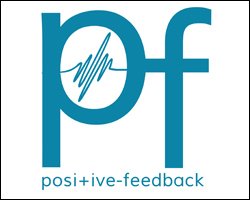
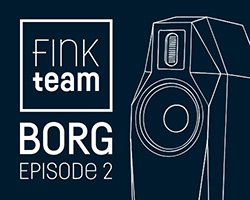
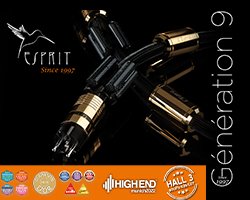


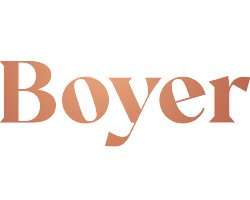








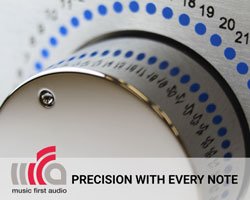
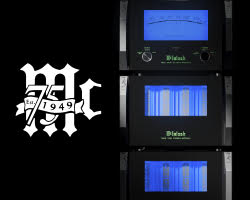















































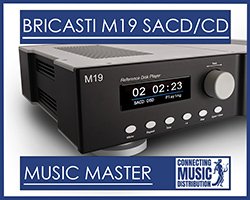

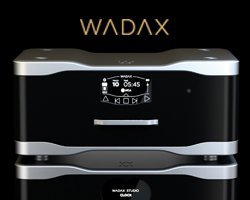

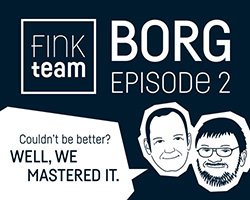











































You must be logged in to leave a reply.